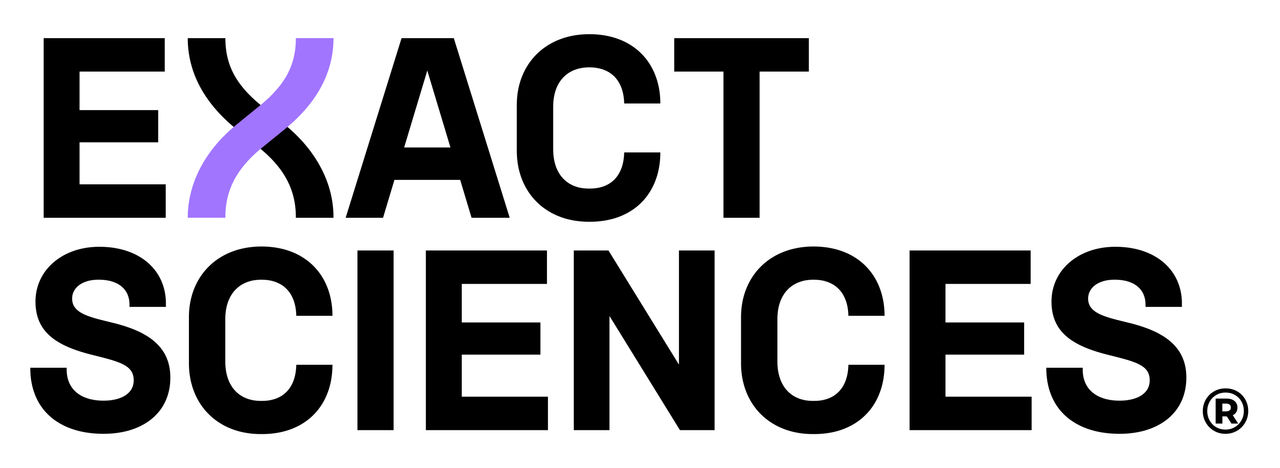Auto logout in seconds.
Continue LogoutAs diagnostic technologies advance, health plans and providers must continuously assess new cancer screening tools. Blood-based cancer screening is emerging as a minimally invasive option to identify cancer in certain patient populations.
Specifically, blood-based colorectal cancer (CRC) screening offers an alternative for patients who are unwilling to undergo colonoscopies or stool-based screening methods, such as multitarget stool DNA testing (mt-sDNA) and the fecal immunochemical test (FIT). To capture the value of this approach, health plans and providers need to understand how it fits into the broader screening landscape — considering sensitivity, specificity, and the likelihood that patients will complete both the blood screening and the required follow-up colonoscopy if the blood test is positive.
First, blood-based CRC screening has limitations. Most importantly, it is less effective than other methods at detecting precancerous lesions and Stage I cancers, which means it can miss opportunities for prevention or early intervention. Sensitivity increases with later stage cancers, reaching up to 100% sensitivity for Stage IV CRC. While not ideal, this may help long-unwilling patients finally receive a diagnosis and treatment.
Because early detection is critical to patient outcomes, policymakers, medical directors, and public health, experts are actively considering the implications of blood-based CRC screening for health plans, providers, and patients.1 Here are 3 insights on how health plans and providers can deploy it most effectively.
In 2021, more than 40% of eligible patients were not current with any CRC screening.2 For patients unwilling to undergo colonoscopy or stool-based screening methods, blood-based screening may be an alternative.
Colonoscopy remains the most effective method for detecting and removing precancerous lesions, and blood-based screening should not replace it. Health plans and providers should prioritize USPSTF-endorsed screening methods first and offer blood-based screening only to patients who decline other options.3
The American Gastroenterological Association (AGA) and National Comprehensive Care Network (NCCN) have recognized blood-based screening only for those patients unwilling to complete guideline-endorsed methods, noting that while imperfect, it is more effective than no screening at all.
Health plans may wish to create differential incentives or other tools to encourage patients to choose USPSTF-endorsed screening methods. For example, patients who undergo colonoscopy or stool-based tests would receive high-level financial benefit or other reward, and patients who opt for blood-based screening receive a lower-level reward. This approach prevents missed diagnoses in patients who would have completed more sensitive screening methods.
The value of blood-based CRC screening depends on follow-up. Without colonoscopy confirmation, its benefits are limited. Yet, compliance is uneven: a 2025 study showed only 49% of patients with a positive blood test followed up with a colonoscopy within 6 months.4 In contrast, follow-up rates are 85% for mt-sDNA and 35% for FIT.5
The same barriers that kept patients from colonoscopy initially — time, transportation, preparation discomfort6 — often prevent follow-up. Addressing these barriers directly is essential when offering blood-based screening.
Patients need the right level of information to make an informed decision about CRC screening.
Because blood-based CRC testing has low sensitivity to precancerous lesions and Stage I cancer, false negative results may give patients a misplaced sense of security. Patients who delay re-screening may develop more advanced disease.
At the same time, false positives can cause anxiety, especially since blood-based CRC tests are cross-reactive with nine other types of cancer.7 While a negative colonoscopy following a positive blood test rarely indicates hidden cancer elsewhere, patients may still feel uneasy without clear communication.
Providers should explain that:
- Blood-based CRC screening is less effective at early detection and is only recommended when patients decline colonoscopy or guideline-endorsed stool-based tests.
- A positive blood-based screening result must be followed by a colonoscopy.
- A positive blood-based screening with a negative colonoscopy does not usually indicate another cancer.
- Patients who receive a positive blood-based result and a negative colonoscopy should follow with routine screening and remain alert to symptoms.
1 Heath K, Simmer L. The Potential of Blood-Based Colorectal Cancer Screening – Payer Expert Insights. Optum. April 1, 2025.
2 Cancer Facts & Figures 2024. American Cancer Society. May 23, 2024.
3 Ladabaum U, et al. Projected Impact and Cost-Effectiveness of Novel Molecular Blood-Based or Stool-Based Screening Tests for Colorectal Cancer. Ann Intern Med. October 29, 2024.
4 Zaki TA, et al. Colonoscopic Follow-up After Abnormal Blood-Based Colorectal Cancer Screening
Results. Gastroenterology. July 17, 2025.
5 Greene et al. Adherence to Follow-Up Colonoscopy After a Positive Stool-Based Test in Patients Aged 45–49 Years: Real-World Differences Between Multitarget Stool DNA Testing and Fecal Immunochemical or Fecal Occult Blood Testing. Gastro Hep Advances. May 16, 2025.
6 Parks P. Innovation in Colorectal Cancer Screening — There Has to Be a Better Way. AJMC. October 9, 2017.
7 Provider Brochure: Shield Colorectal Cancer Screening Test. Guardant. July 29, 2024.
A leading provider of cancer screening and diagnostic tests, Exact Sciences (Nasdaq: EXAS) helps patients and health care providers make timely, informed decisions before, during, and after a cancer diagnosis. The company’s growing portfolio includes well-established brands such as Cologuard® and Oncotype DX®, along with innovative solutions like Oncodetect™ for molecular residual disease and recurrence monitoring. Exact Sciences continues to invest in a robust pipeline of advanced cancer diagnostics aimed at improving outcomes. For more information, visit ExactSciences.com, follow @ExactSciences on X, or connect on LinkedIn and Facebook.
This article is sponsored by Exact Sciences®, an Advisory Board member organization. Representatives of Exact Sciences helped select the topics and issues addressed. Advisory Board experts wrote the content, maintained final editorial approval, and conducted the underlying research independently and objectively. Advisory Board does not endorse any company, organization, product or brand mentioned herein.

This article is sponsored by Exact Sciences®. Advisory Board experts conducted the research and maintained final editorial approval.
Don't miss out on the latest Advisory Board insights
Create your free account to access 1 resource, including the latest research and webinars.
Want access without creating an account?
You have 1 free members-only resource remaining this month.
1 free members-only resources remaining
1 free members-only resources remaining
You've reached your limit of free insights
Become a member to access all of Advisory Board's resources, events, and experts
Never miss out on the latest innovative health care content tailored to you.
Benefits include:
You've reached your limit of free insights
Become a member to access all of Advisory Board's resources, events, and experts
Never miss out on the latest innovative health care content tailored to you.
Benefits include:
This content is available through your Curated Research partnership with Advisory Board. Click on ‘view this resource’ to read the full piece
Email ask@advisory.com to learn more
Click on ‘Become a Member’ to learn about the benefits of a Full-Access partnership with Advisory Board
Never miss out on the latest innovative health care content tailored to you.
Benefits Include:
This is for members only. Learn more.
Click on ‘Become a Member’ to learn about the benefits of a Full-Access partnership with Advisory Board
Never miss out on the latest innovative health care content tailored to you.


